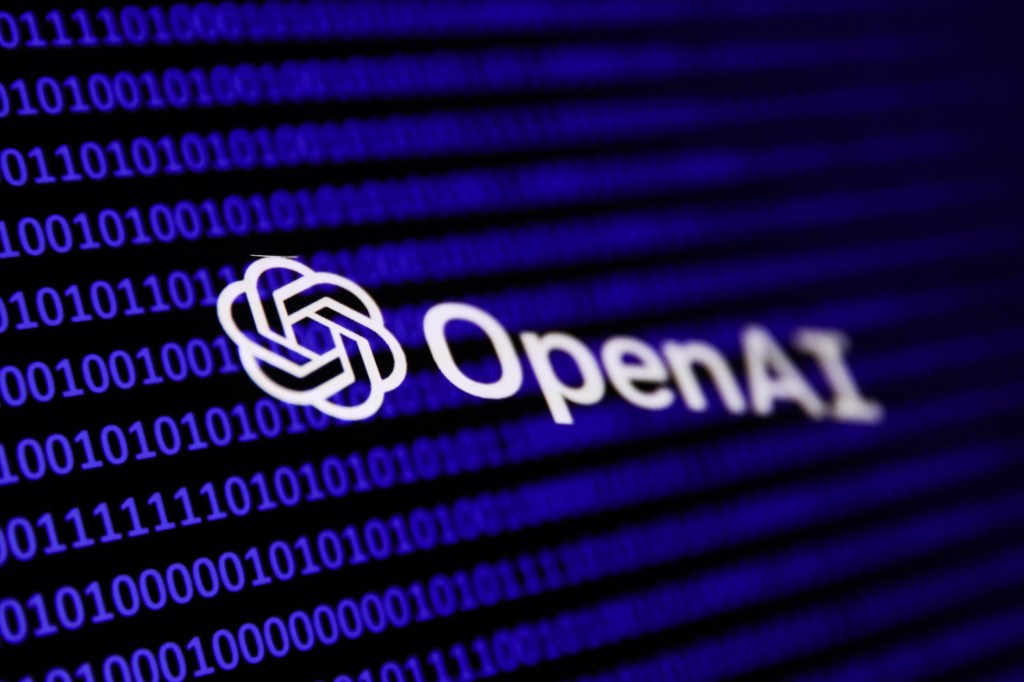In a strategic move to bolster its artificial intelligence (AI) infrastructure, Meta has announced a partnership with semiconductor design leader Arm. This collaboration aims to integrate Arm’s Neoverse platform into Meta’s ranking and recommendation systems, thereby enhancing the efficiency and scalability of Meta’s AI-driven services.
Strategic Integration of Arm’s Neoverse Platform
Arm’s Neoverse platform, recently optimized for cloud-based AI applications, will serve as the foundation for Meta’s AI systems. This integration is expected to significantly improve the performance and energy efficiency of Meta’s services, which cater to over 3 billion users worldwide. Santosh Janardhan, Meta’s Head of Infrastructure, emphasized the transformative impact of AI on user connectivity and creativity, stating that the partnership with Arm will enable Meta to scale innovations more effectively.
Arm’s Competitive Edge in Low-Power Deployments
Traditionally recognized for its mobile CPU architecture, Arm has faced competition from companies like Nvidia in the GPU market. However, Arm is now highlighting its strengths in low-power deployments, which are crucial for large-scale AI operations. Rene Haas, CEO of Arm, noted that the next era of AI will focus on delivering efficiency at scale. By partnering with Meta, Arm aims to combine its performance-per-watt leadership with Meta’s AI innovations.
Meta’s Expanding AI Infrastructure
This multi-year partnership aligns with Meta’s substantial investments in expanding its data center network to meet the growing demand for AI services. One notable project, code-named Prometheus, is under construction in New Albany, Ohio. Expected to come online in 2027, Prometheus will operate with multiple gigawatts of power. To support this, a 200-megawatt natural gas facility is being built to directly supply the project’s energy needs.
Another significant initiative, Hyperion, involves the development of a data center campus spanning 2,250 acres in northwest Louisiana. Upon completion, Hyperion is projected to deliver 5 gigawatts of computational power. Construction is anticipated to continue through 2030, with certain sections potentially becoming operational before the project’s full completion.
Distinctive Nature of the Partnership
Unlike several recent AI infrastructure deals that involve exchanges of ownership stakes or significant physical assets, the partnership between Arm and Meta is characterized by a focus on technological collaboration without such exchanges. This approach sets it apart from other industry agreements. For instance, Nvidia has recently committed to a $100 billion phased investment into OpenAI and made billion-dollar investments into Elon Musk’s xAI, Mira Murati’s Thinking Machines Lab, and French AI lab Mistral.
Meta’s Broader AI Initiatives
Beyond the partnership with Arm, Meta has been actively investing in various AI initiatives to strengthen its position in the industry. In July 2025, Meta announced plans to spend up to $72 billion on AI infrastructure, including data centers and servers, to support its AI ambitions. This aggressive capital expenditure underscores Meta’s commitment to developing leading AI infrastructure as a core advantage in delivering superior AI models and product experiences.
In August 2025, Meta partnered with Midjourney to license the startup’s AI image and video generation technology. This collaboration aims to integrate Midjourney’s capabilities into Meta’s future AI models and products, enhancing the company’s offerings in AI-generated content.
Additionally, in June 2025, Meta restructured its AI unit under a new group called Superintelligence Labs, led by Alexandr Wang, the former CEO of data-labeling startup Scale AI. This restructuring reflects Meta’s focus on building AI superintelligence and consolidating its AI efforts under a unified leadership.
Conclusion
The partnership between Meta and Arm represents a significant step in Meta’s ongoing efforts to enhance its AI capabilities and infrastructure. By integrating Arm’s Neoverse platform, Meta aims to improve the efficiency and scalability of its AI-driven services, catering to its vast user base. This collaboration, along with Meta’s substantial investments in AI infrastructure and strategic partnerships, underscores the company’s commitment to advancing AI technology and maintaining a competitive edge in the rapidly evolving AI landscape.



